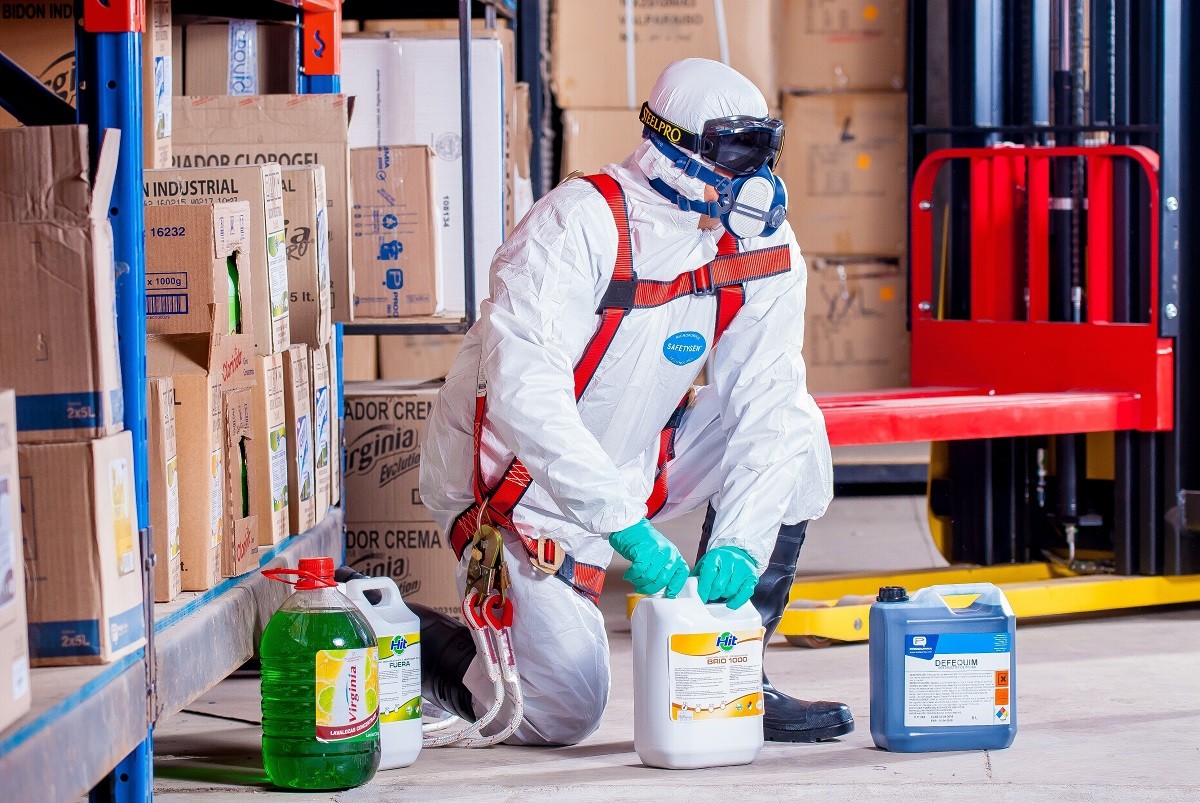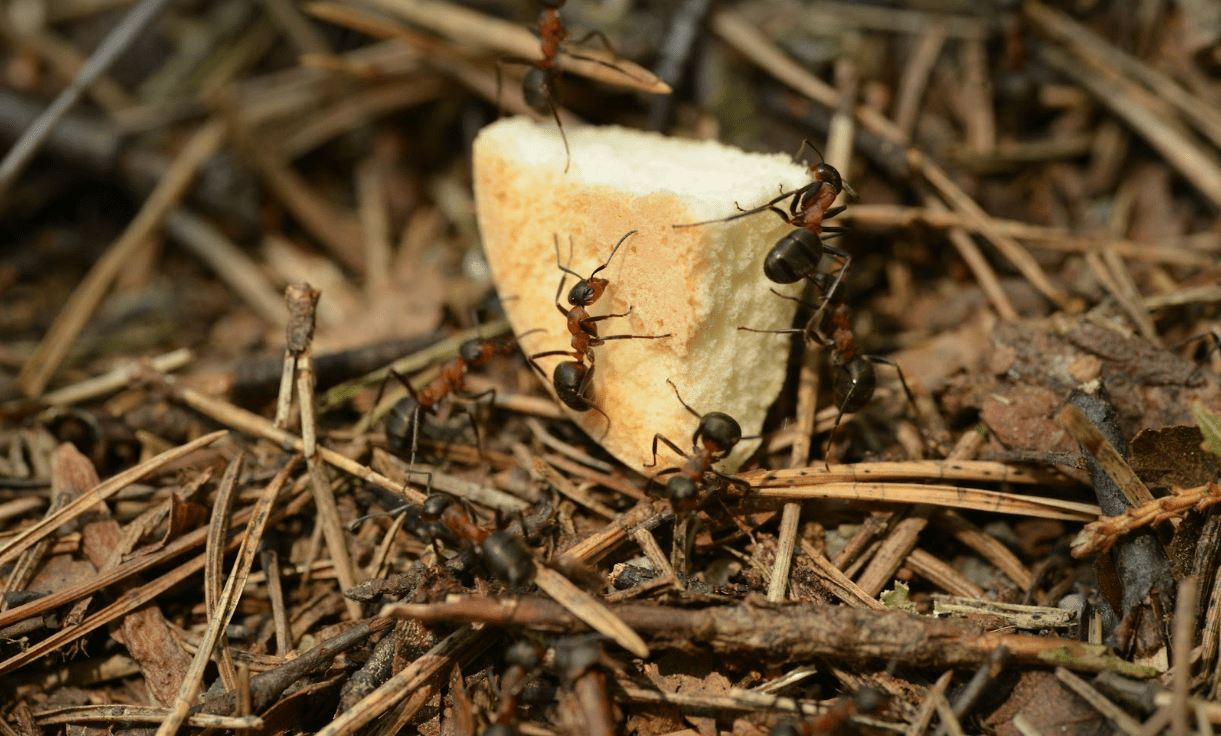
Purchasing a home is a major achievement. However, It’s vital you make a selection that will provide you and your household with a secure environment for a long period of time. Paying attention to the aesthetics and layout of your home is understandable and even commendable, but it’s equally necessary to think about logistical considerations like pest and termite control.
When pests infest, even the most gorgeous home may rapidly turn unlivable, and a big pest infestation can instantly turn into a considerable capital burden if you’re required to fix major structural damage.
As you explore prospective houses, keep this guide nearby to aid you in spotting pest infestation problems and devising control measures before finalizing any real estate transaction.
Schedule Termite Inspections Before Closing the Deal on Your Home
The Association of American Pesticide Control Officials estimate that for 2020, termites were responsible for structural damage worth billions of dollars in repair costs all over the United States.
Usually, how much damage has been incurred is dependent on the damage caused to the structural timber they’ve consumed and how crucial the damaged wood is to the structural support of the building.
Repairs tend to cost significantly more than the initial structure in place. As such, getting your potential new home ready for pests & termite inspection is crucial before finalizing the deal and moving into it.
Usually, some jurisdictions require that a termite inspection be carried out before any real estate transaction can be finalized. Chances are you live in one of such. Whether or not you qualify for a FHA or a VA loan in any of these places depends on the extent of repairs to be made.
Why Should You Get a Pest or Termite Inspection for a Home Purchase?
Even if pest inspections for a home purchase aren’t mandatory in your jurisdiction, it’s advisable you get one carried out anyway.
Termites alone inflict nearly $6 billion in infrastructure damage each year, an expense that property insurance doesn’t compensate for.
A basic one-hour pest inspection cost is $75 to $100 on average but could save you around $4,000 in possible future expenses.
We’ve covered some other reasons why you need to consider carrying out a termite inspection on your prospective home before finalizing your purchase.
-
Bargaining Edge
Residential buildings suffering from a pest problem may give a buyer an edge during negotiations. Your real estate agent would know how best to use this in negotiations. These usually take the form of requesting the seller to drop some numbers on the price tag in proportion to the amount of damage to the building.
-
Conserve Funds
While relocating into a new home may seem like a dream come true, it’s always a great idea to be fully privy to what you’re dipping your hands into. Chances are you’d wind up wasting lots of money down the road in fixing property damage if you decide to skip a pest & termite inspection.

-
Make Contingencies for Future Expenditures
In the event where an inspector does discover specific sorts of pests in your home, you’ll get a better understanding of what insects or pests to lookout for in the future once you move in
You become more knowledgeable as to whether your new home is pest prone and adequately budget ahead for any expenditures designed to hold those wood destroying insects at bay.
-
Locate a Pest Control Provider in Your Area
If you plan on relocating to a more pest prone location, get an inspector to examine your property. This will help you to identify a local pest control firm that can assist you in scheduling periodic pest inspections.
Should any pest start showing up in your home, you’ll know how to quickly reach the appropriate people for assistance.
What Happens During a Termite Inspection?
Pest inspections typically last between two to three hours. Specifically how long it takes depends on how big the home is. Inspectors usually examine for telltale signs of the presence of termites such as decomposed wood, mud tubes or termites droppings.
The inspector will typically require access to every segment of the house in the course of the inspection. Termites can utilize the drainage to obtain entrance to the property, and an experienced inspector will be more concerned with the kitchen and bathrooms.
Indicators affirming whether or not a termite colony is at work on the property are usually found outside the home. Your inspector knows this and will check for telltale signs of damage to the wood or signs of mudding in any pipes connecting the interior to the exterior.
Ultimately, the inspection team will review the homes around the area to ensure termites are not at work anywhere else.
What Happens if Termite Damage is Discovered?
That your dream house has been partially damaged by termites doesn’t mean you can’t still purchase the house. You should determine the severity of the problem, how much it will cost you to repair, and what the inspector suggests as a treatment plan.
The home may still be worth exploring if the destruction is minimal and the seller is prepared to carry out repairs at their expense. Keep in mind that you can use termite damage as a negotiating point when bargaining.
In a scenario where the seller refuses to fix the damage, as a buyer, you have the option of out-rightly walking away or bargaining harder with the seller.
How to Find a Pest Control Company or Inspector
Any real estate agent you work with will likely have an arrangement with a pest control company. However, you can find yourself an inspector by checking out websites like American Association of Pest Control Officials or even the National Pest Management Association
In line with mandates from the US Environmental Protection Agency, a pest inspector or firm must have obtained the necessary license from the relevant department in the city they are based in.
Reliable inspectors should be able to present evidence of liability insurance, client references, and a remediation package that involves pesticide chemicals as well as ecologically acceptable options.

How Does a Pest Inspection Differ From a General Home Inspection?
Property inspectors will search for any telltale signs or vulnerabilities but they’re constrained in how much they might say about the house condition in their reports. They may point out red flags such as mold and mildew or mud tubes, and then propose that an expert investigate further.
The experts they recommend tend to be licensed inspectors who’re well versed in the art of discovering indicators of termite or pest infestations.
It’s not unusual to find inspection firms that may combine termite and pest inspections with general home inspections for some extra charge. However, keep in mind that detecting termite damage and procuring the necessary treatments requires specialized knowledge that a general home inspector is most likely not privy to.
Steps to Preventing Termite Infestation
Weighing on the fact that home layouts and environmental conditions differ from one location to another, consulting a licensed termite prevention expert is the significantly more recommended way of treating and preventing pest infestations.
Outlined below are some suggestions for preventing termites and other wood destroying insects from taking up sections in your home.
-
Scrub the House Clean of Plants
Most people enjoy seeing fresh houseplants all over their house, and why not? However, termites and other pests, notably roaches, tend to have great affinity for such areas. Houseplants tend to make it difficult to detect these insects when they start devouring your wooden structures and subsequently undermining structural flaws.
Here are some tips to help stave off termites and other insects:
- Prune all shrubs around your property, leaving a minimum of one feet between the foliage and your living area outer walls. Pruning your shrubs or removing them out-right can help increase ventilation, allowing moist regions to air out faster and making termite tunnels and debris easier to spot.
- Ensure the lawn or grass around your home and even the surrounding property is regularly mowed or weeded.
-
Go the Extra Mile to Keep Your House Moisture Free
Moist foundations tend to be the answered prayers of termites and other similar ants. Best you stick to the guidelines below to keep the vital sections of your home dry and termite-free.
- Make sure drainage pipes discharge a few yards from your walls and that they do a great job at keeping the soil from becoming too wet.
- Eliminate any leaks in your roof.
- Moisture from air conditioning units or other equipment should be directed away from your building.
- Inspect your basements for potential pipe leakages. All sprinkling equipment should be directed away from your home’s foundations.
-
Close Any Gaps Left by Settling
House construction materials tend to contract and swell with time. This phenomenon is known as ‘settling’ and may result in fractures and holes (crawl spaces) which subterranean termites and other pests can use to gain access to your home. We recommend you follow the following steps to keep these critters out:
- If your pipework exhibits visible signs of corrosion or dampness, check for any opening (crawl space) that might be damp and attract pests.
- For fractures in your house’s base or exterior walls, consider patching them with concrete.
- Iron frames tend to be effective at resisting termite activity and should be used to substitute any rotted timber.
Final Thoughts
It’s critical to establish a strategy to avoid further pest problems once you’ve finalized your selection and acquired your home. Make arrangements for periodic checks and treatments as needed to keep your home pest free.
We take great pride in seamlessly integrating our objectives with those of our customers at Homes By Ardor. It’s served us tremendously well over the years.
As you move closer to purchasing your home, our professional agents are always just a phone call away. Get in touch as soon as you can, it’s our pleasure to help.

In her 25-year career, Steph Wilkinson has been involved in the acquisition, marketing and sales of over $3 Billion dollars of residential real estate. A number of years ago, Steph transitioned into Brokerage Leadership for National real estate brands and tech start-ups. She has served as a Business Strategist for real estate agents and brokerages alike and is also a real estate coach and trainer. In her new role with the Iconic Team, Steph will be responsible for the growth of the team and will be working with all of our agents to increase their productivity and bottom line.





One Response